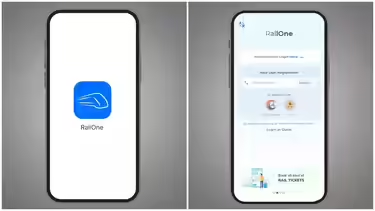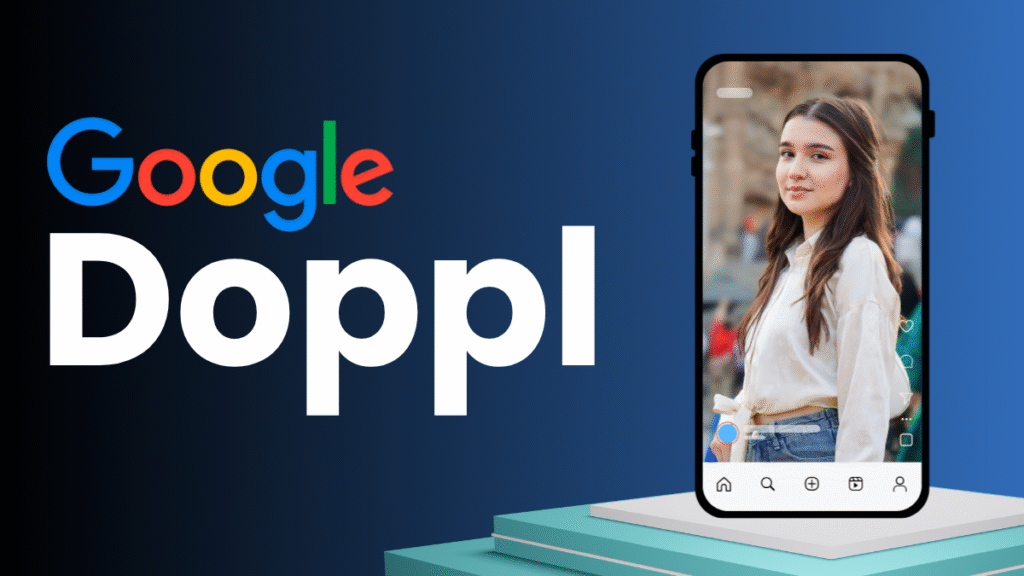Table of Contents
1. Introduction: The Rise of Autonomous Coding Agents
Artificial intelligence has steadily migrated from theoretical constructs into deeply practical tools, revolutionizing industries one by one. In the realm of software engineering—a field traditionally reserved for human intellect and rigorous logic—AI now stands on the precipice of radical transformation. At the vanguard of this shift is OpenAI, whose pioneering innovations have reshaped how machines understand and generate human-like language. Now, they’re applying that prowess to code.
The company’s latest creation, Codex, embodies a monumental leap in AI-assisted programming. Far from a basic autocomplete tool, Codex is designed as a fully-fledged virtual software engineer. This AI agent can autonomously write, modify, and troubleshoot code with unprecedented accuracy and speed. It reflects OpenAI’s audacious vision: to make software creation as intuitive and scalable as conversation.

2. Introducing Codex: The Next-Generation AI Coding Agent
At its core, Codex is powered by OpenAI’s o3 reasoning model, a neural architecture fine-tuned specifically for technical comprehension and problem-solving. Unlike general-purpose language models, o3 is calibrated to understand complex codebases, interpret developer intent, and take action with contextual precision.
Available to ChatGPT Pro, Team, and Enterprise users, Codex is engineered to function not just as a passive assistant but as an active contributor. It operates in a cloud environment, allowing users to initiate multiple coding agents simultaneously. Each agent can handle discrete tasks—be it building a new feature, refactoring legacy code, or executing a full test suite.
Codex is equipped to interact with file systems, linters, type checkers, and test harnesses. It doesn’t rely on vague prediction; it takes explicit commands and delivers verifiable outcomes. Every action is logged, every change is tracked, and when uncertainty arises, it communicates its reasoning clearly.

Also Read: Grok 3 vs ChatGPT vs DeepSeek: Which AI Chatbot is Best in 2025?
3. How Codex Works: A Glimpse Into Intelligent Automation
The user experience with Codex is streamlined yet robust. Developers begin by initiating a task through a prompt in the ChatGPT sidebar. From there, Codex takes command—literally. It parses the instruction, navigates the project’s directory, executes necessary scripts, and adapts in real-time based on outcomes.
One of the standout features is its ability to execute tasks in parallel. This means a single developer can orchestrate multiple AI agents to work on separate modules concurrently—an efficiency multiplier rarely seen in traditional workflows.
Importantly, Codex functions in an isolated, internet-disabled environment, ensuring that it only interacts with the code explicitly provided by the user. This safeguards data privacy while compelling the agent to operate strictly within the given context. Upon completion, Codex returns detailed logs of its processes, including test results and terminal outputs, offering complete transparency into its operations.
In cases where errors emerge or edge cases aren’t accounted for, Codex doesn’t obfuscate. It flags test failures, highlights ambiguity, and suggests fallback strategies—mirroring the behavior of a diligent junior engineer with near-infinite patience.

4. Implications for the Software Engineering Profession
Codex raises profound questions about the future of software engineering as a profession. On one hand, the productivity benefits are irrefutable. Tasks that once required hours of meticulous effort can now be executed in minutes. Code quality improves with continuous testing, and development timelines shrink dramatically.
However, the very same efficiency fuels anxieties around job displacement. As AI agents like Codex grow more autonomous, the role of the human engineer is forced to evolve. No longer is it merely about writing syntax—it becomes about architecture, oversight, ethical judgment, and domain expertise.
According to leaders at OpenAI, the trajectory is clear: the future lies in human-machine collaboration, not competition. Codex is not designed to replace developers but to elevate them—removing the tedium and allowing more focus on innovation and design. Yet, this evolution demands adaptation. Engineers must re-skill, embracing a future where technical stewardship and AI fluency become foundational competencies.
In ten years, writing low-level code manually may indeed seem archaic. But rather than extinction, the profession is poised for redefinition. Engineers will shift from coders to conductors, orchestrating intelligent systems that build, test, and evolve with them—not without them.

Conclusion
Codex represents a paradigm shift in the way software is conceived, built, and maintained. As the boundaries between human intellect and artificial reasoning blur, a new chapter in technological progress begins—one where code writes itself, but direction remains distinctly human.








